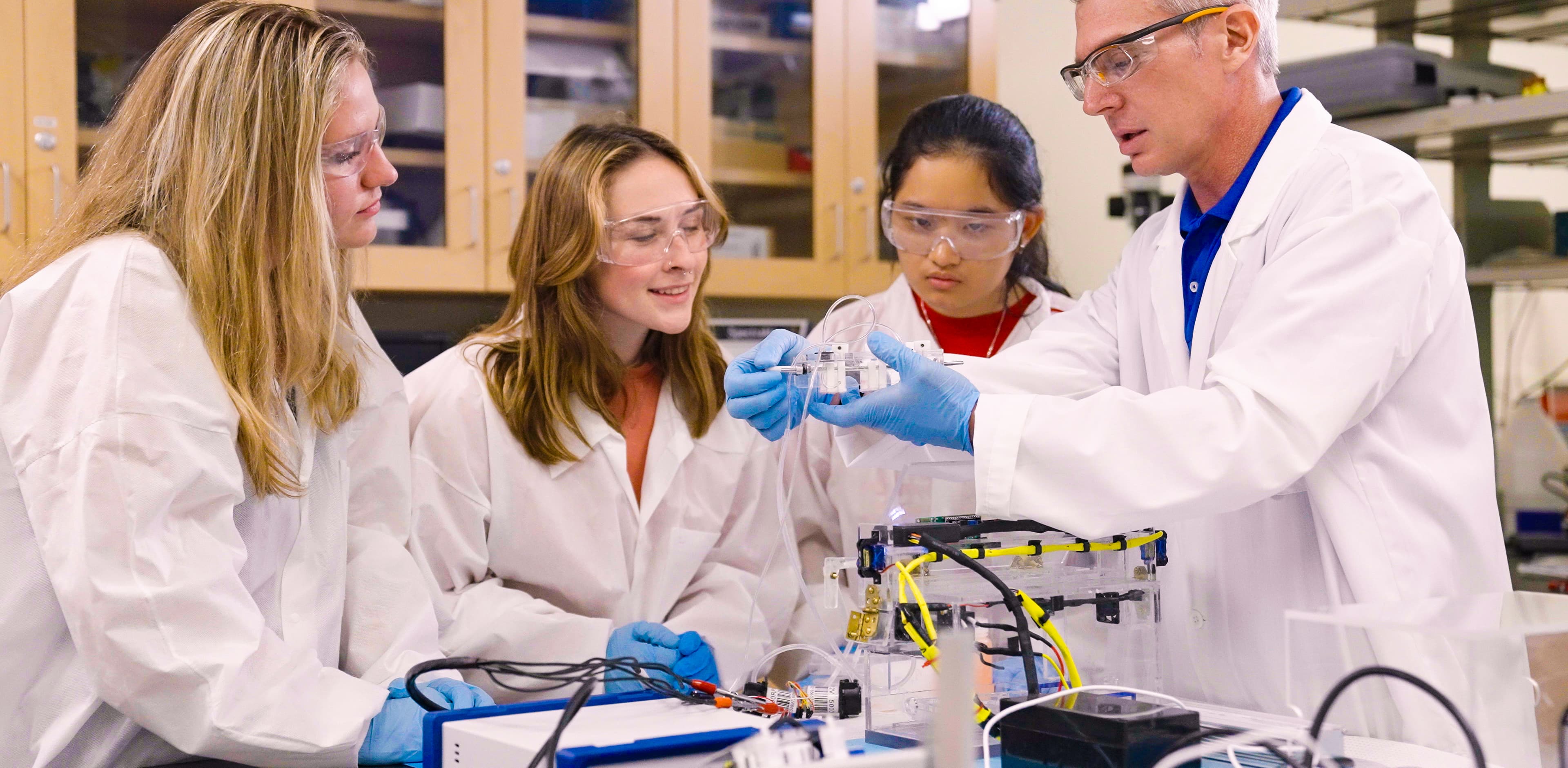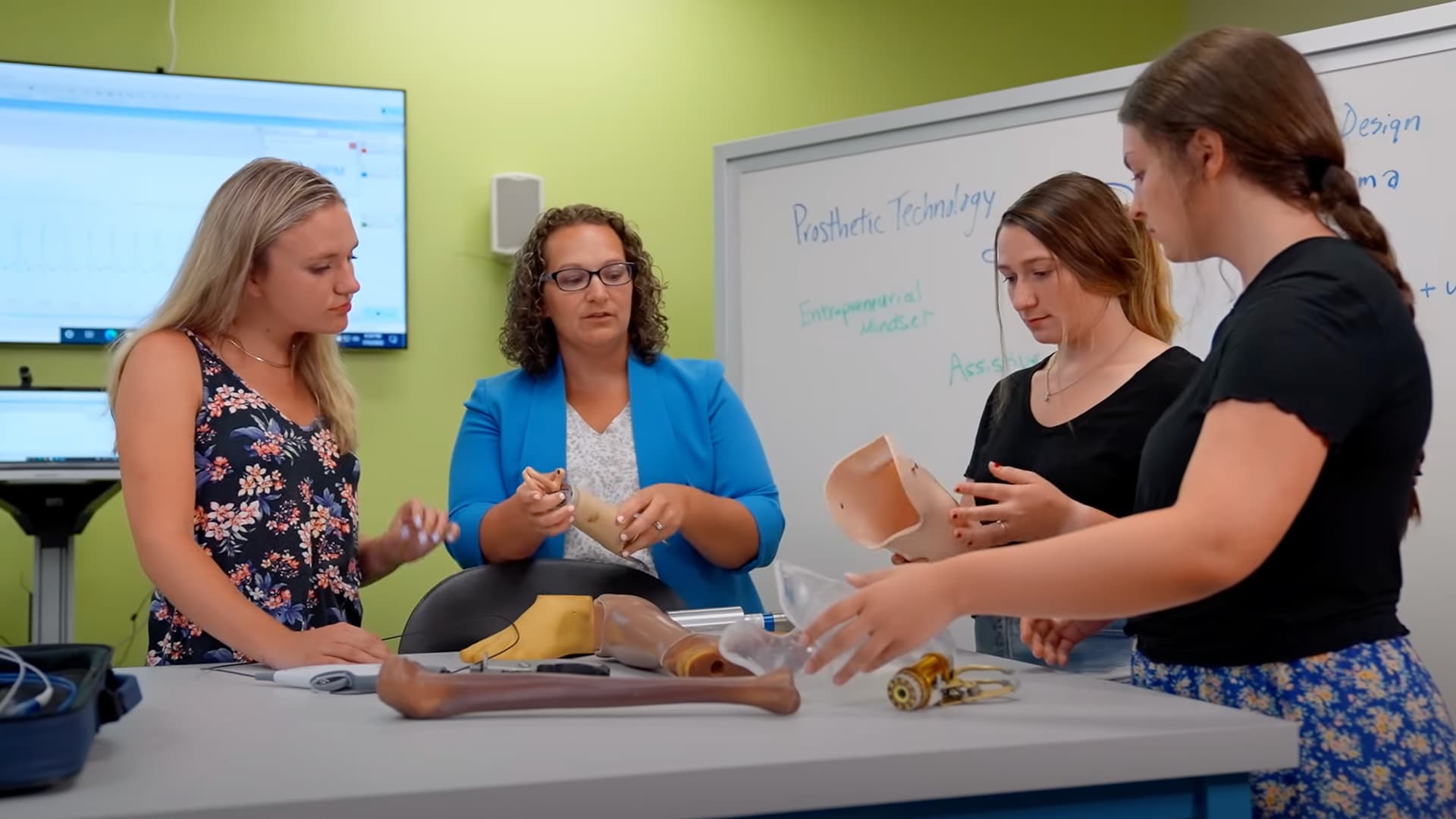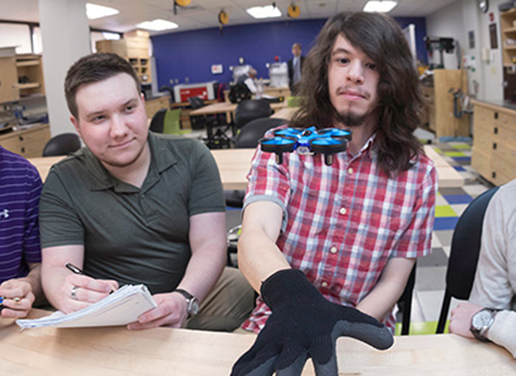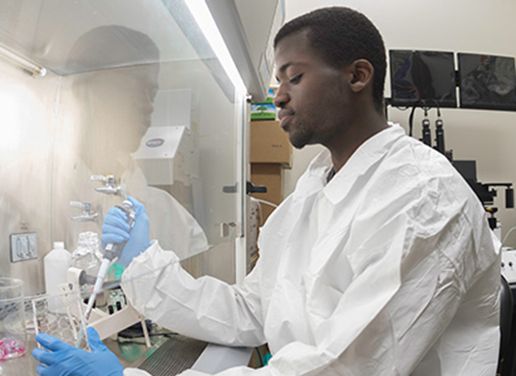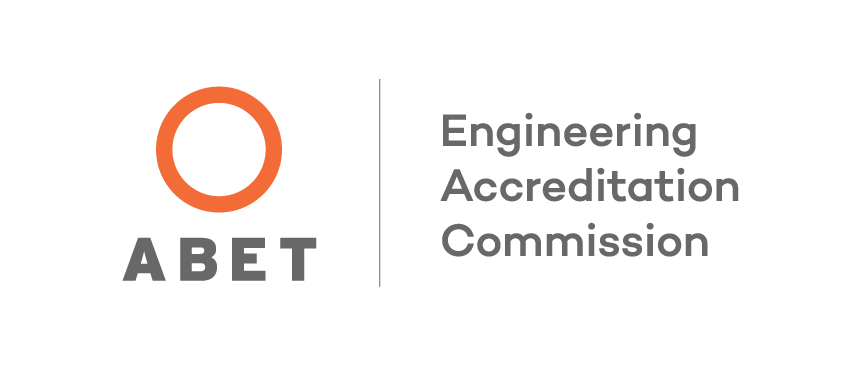Bridging the Gap Between Medicine and Technology
What can you do with a degree in Biomedical Engineering? BME is among the most versatile degrees you can earn to make a difference at the intersection of engineering and medicine. Biomedical engineers work in clinical research, in the medical device or pharmaceutical industries, for government agencies such as the FDA or US Patent and Trademark Office, and often pursue advanced degrees in BME, medicine, management, or law. Where will your degree take you? This rigorous program prepares you for a career in the medical industry and is an ideal stepping-stone to graduate, medical, or law school. Biomedical Engineering majors may pursue our Six-year Engineering/Law program to work as a patent attorney in the medical field, saving time and tuition.
Why Choose Biomedical Engineering?
Biomedical engineers directly impact the health and well-being of people across the world. With knowledge of both engineering and biological principles, biomedical engineers are at the cutting edge of medical breakthroughs, such as novel surgical technologies or individualized cancer treatments. By imagining and developing devices and procedures, biomedical engineers can change the face of medicine.


